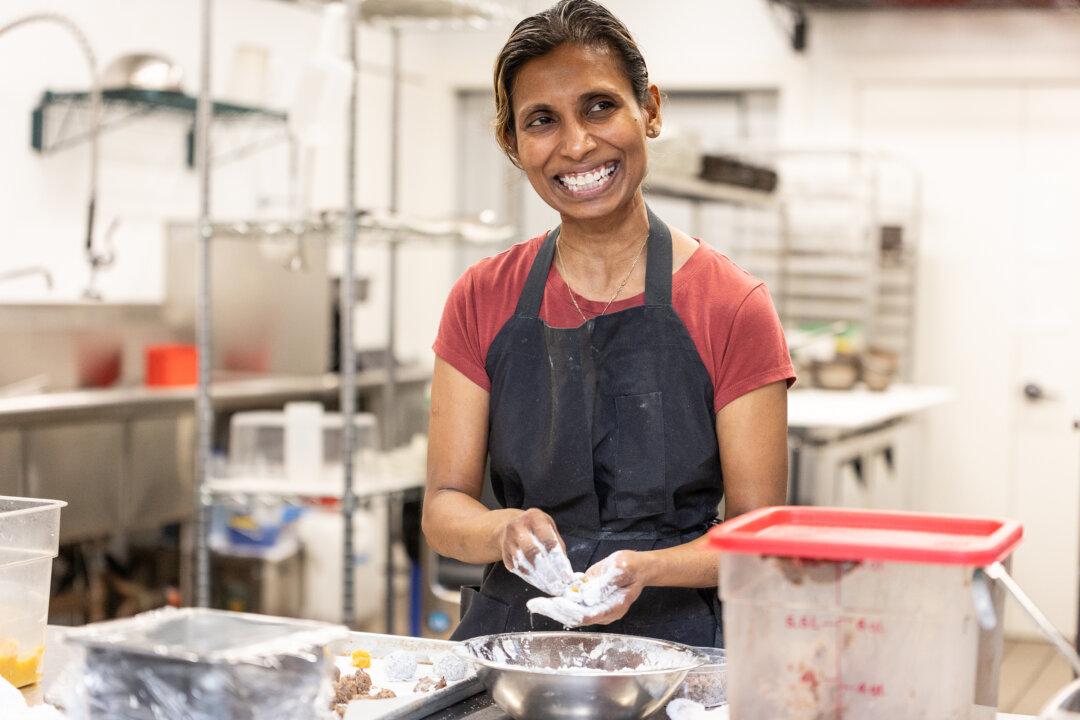Amid the crime and chaos of San Francisco’s most infamous drug-infested neighborhood, the owners of one restaurant are serving up a message of inspiration and hope.
Chef Azalina Eusope and her business partner Tim Benson, co-owners of Azalina’s restaurant, opened their doors at the Ellis Street location in the infamous Tenderloin district last summer. Undaunted by the bleak conditions on the street, Eusope says she sees hope where others don’t. She embraces what each new day has to offer in the culturally diverse neighborhood.





